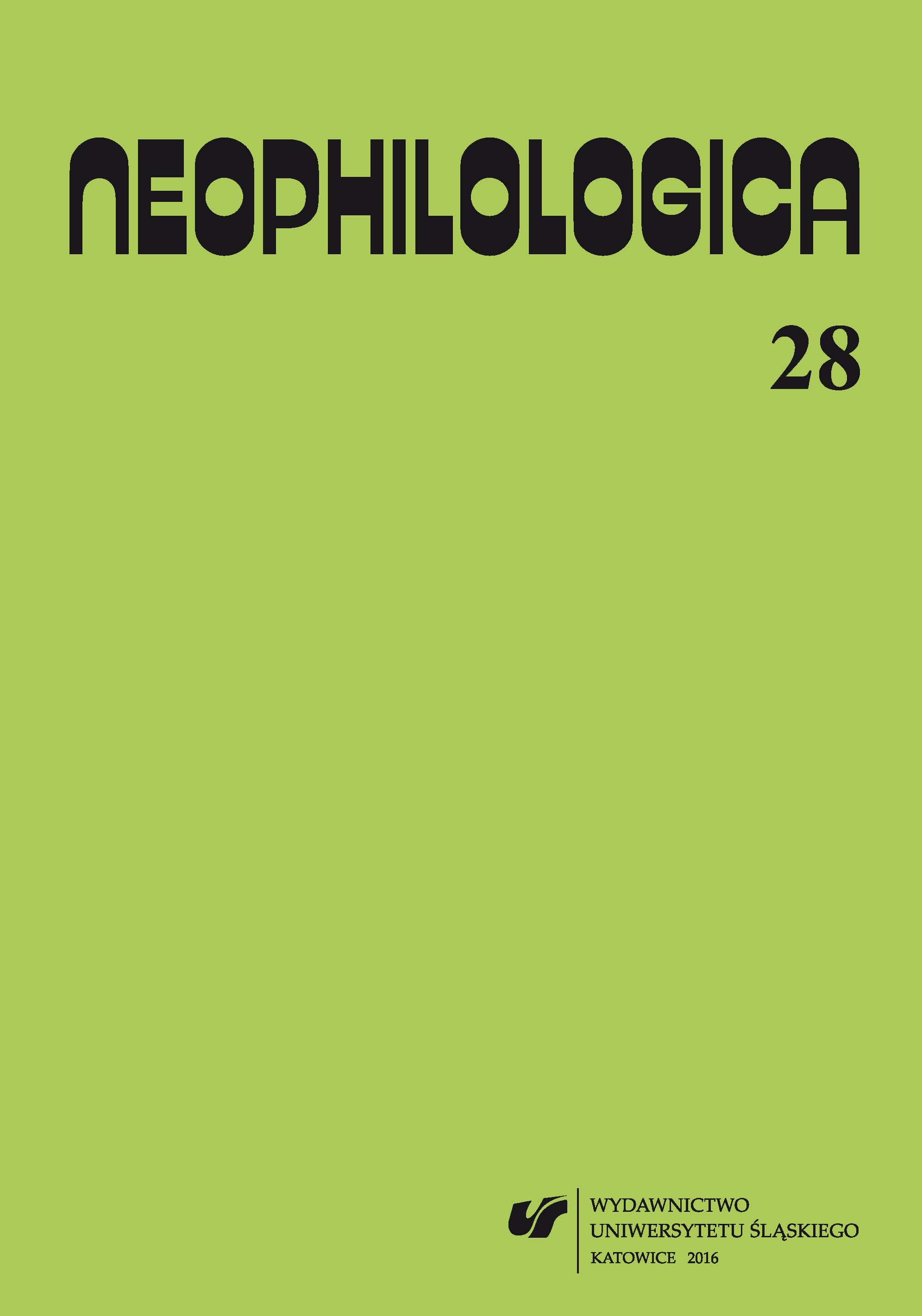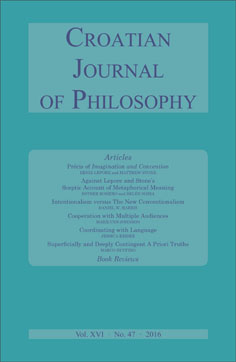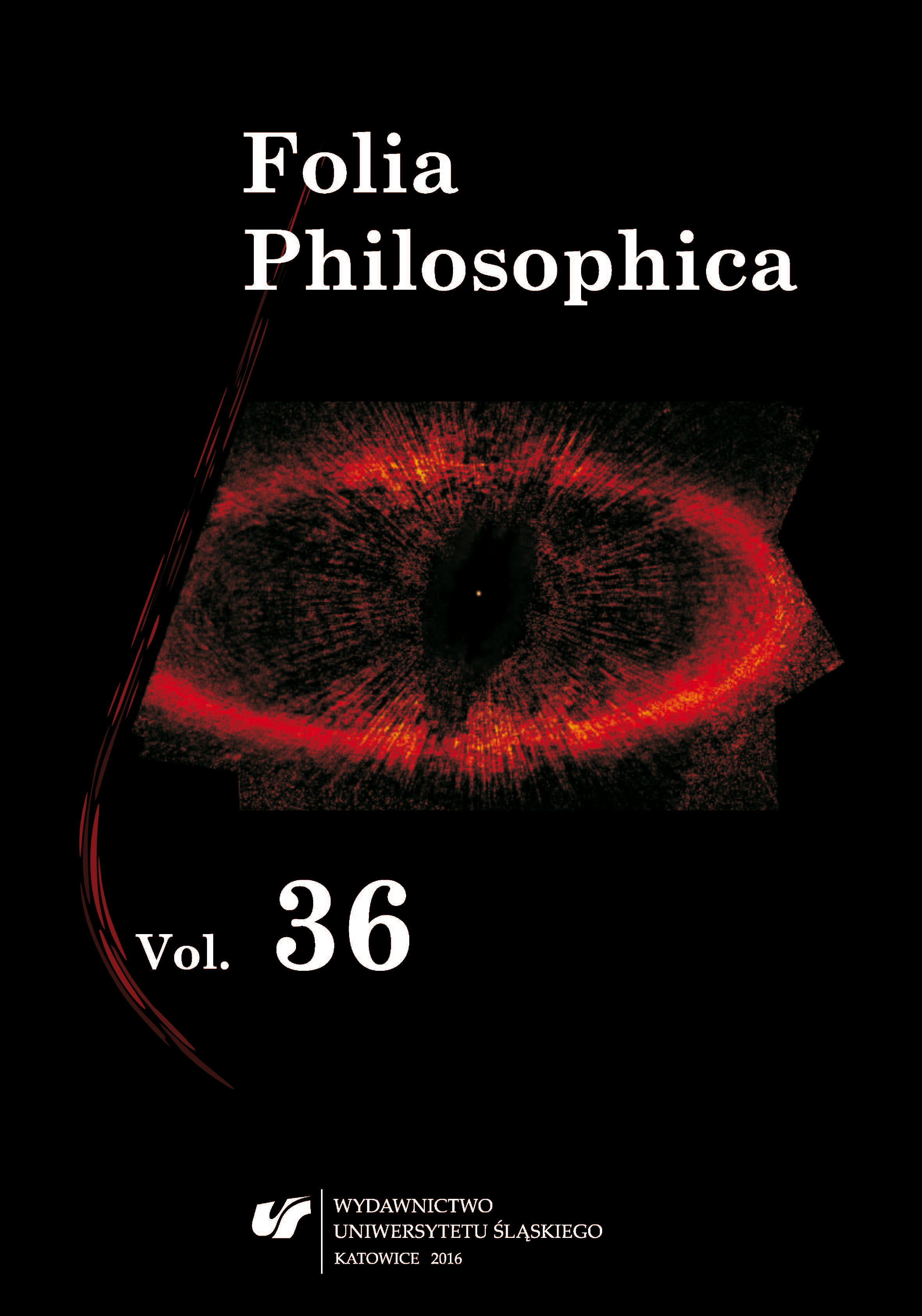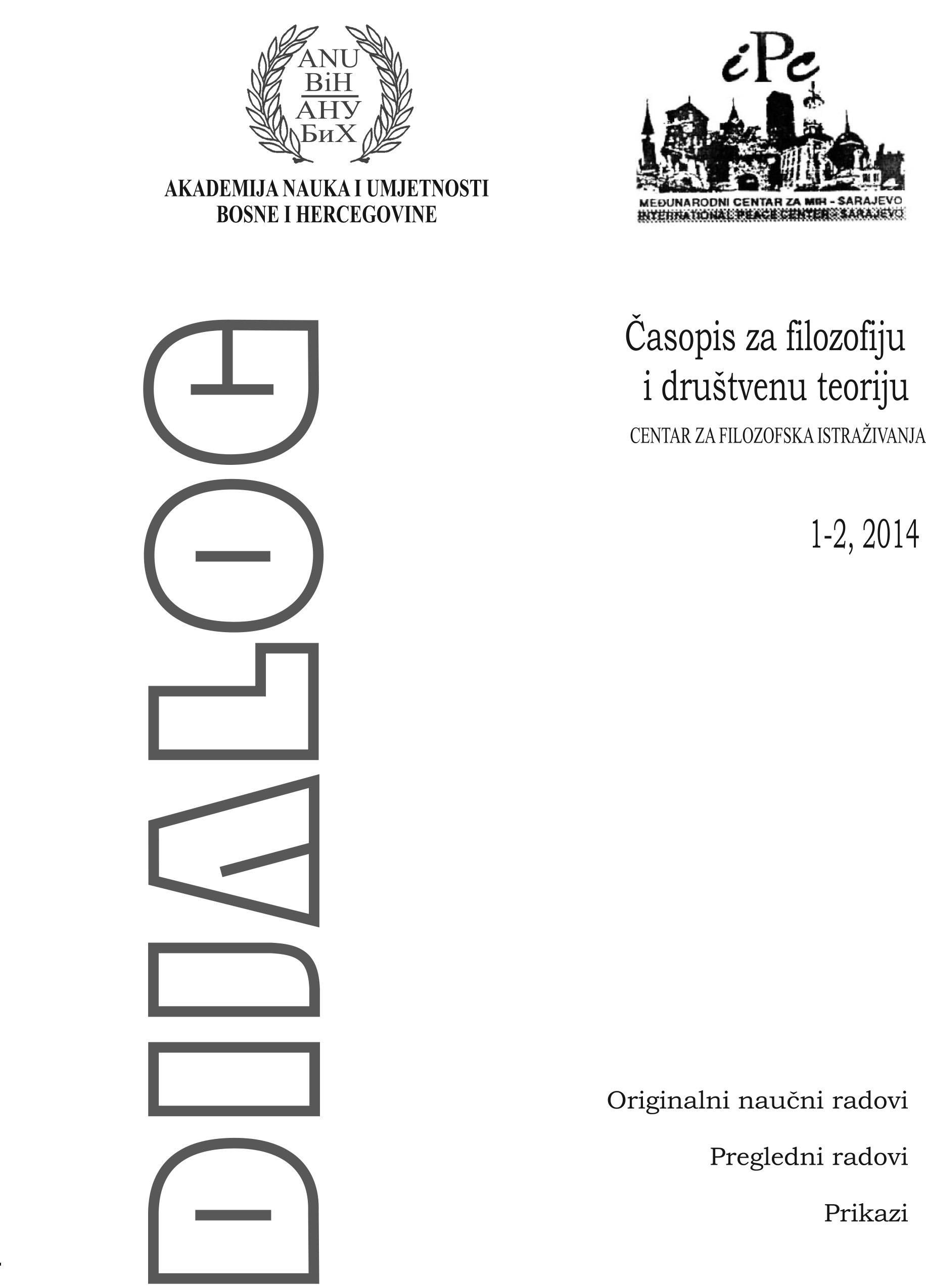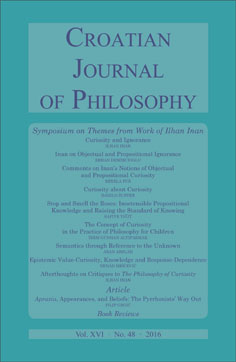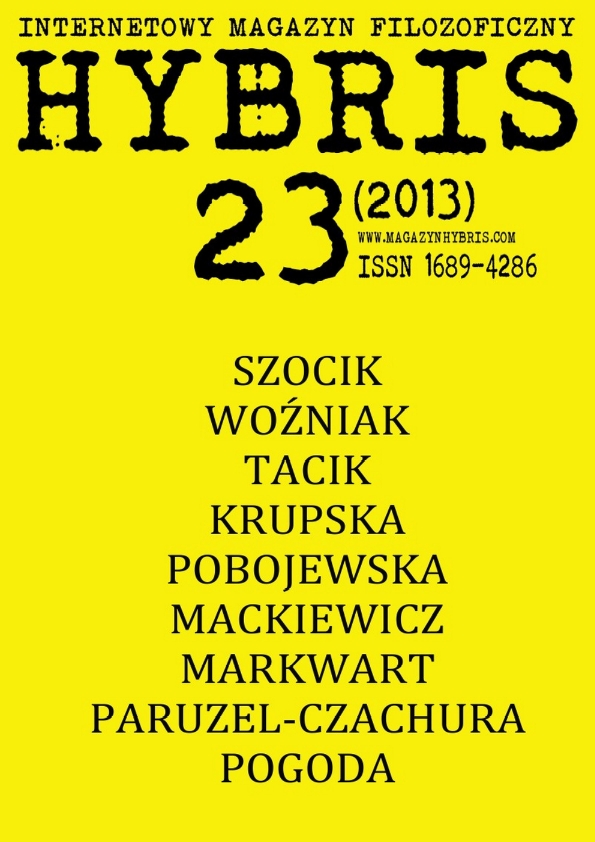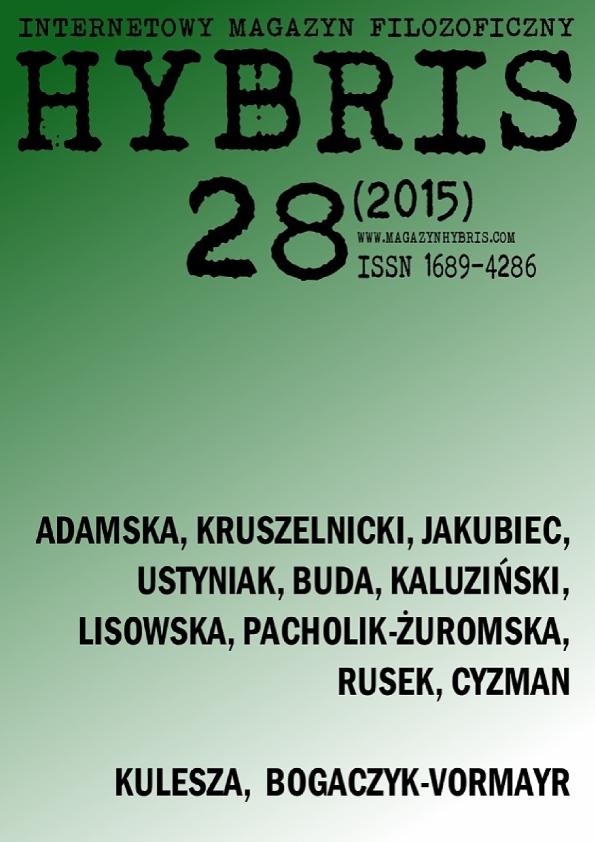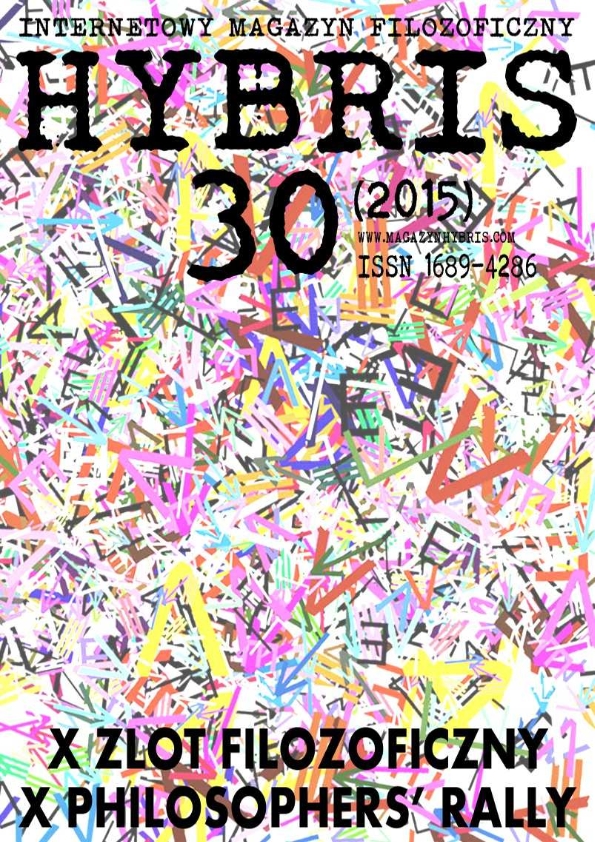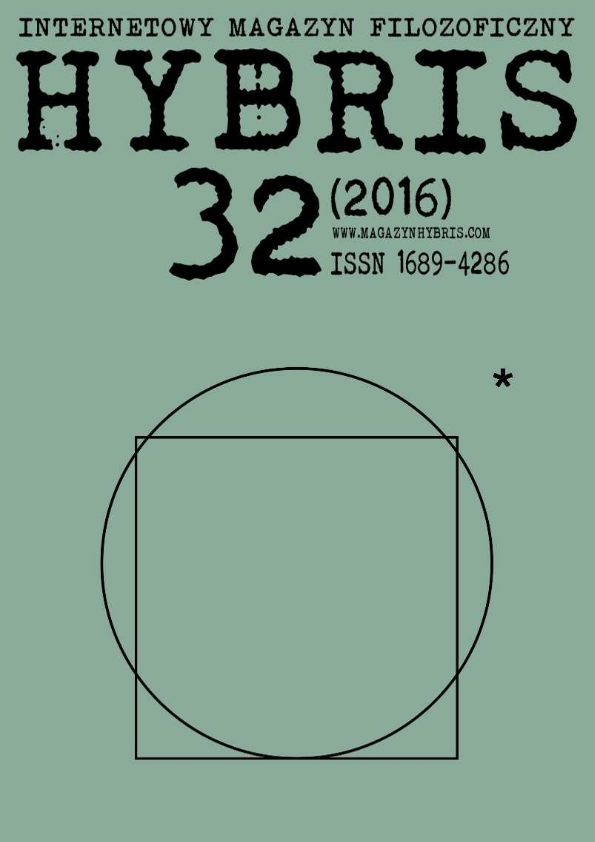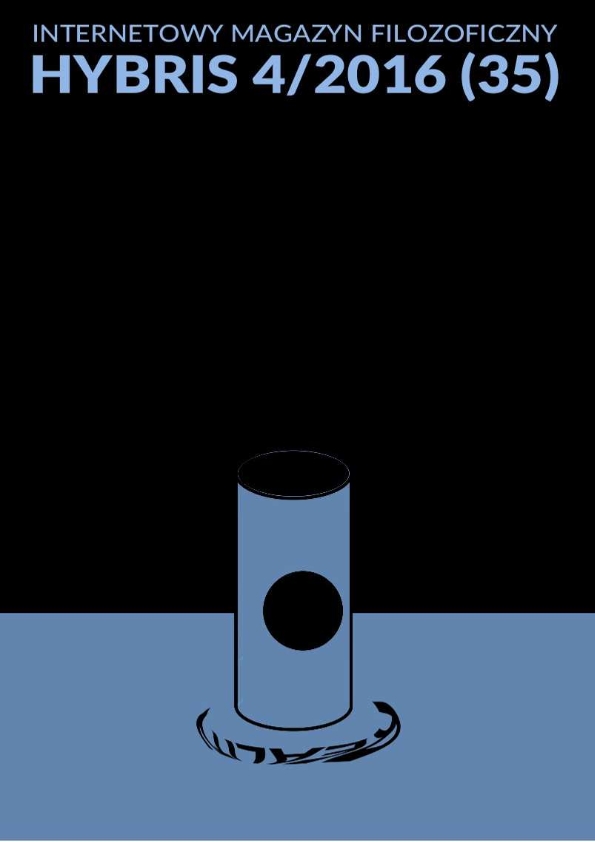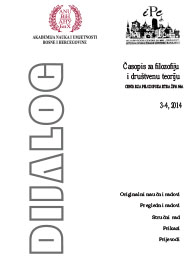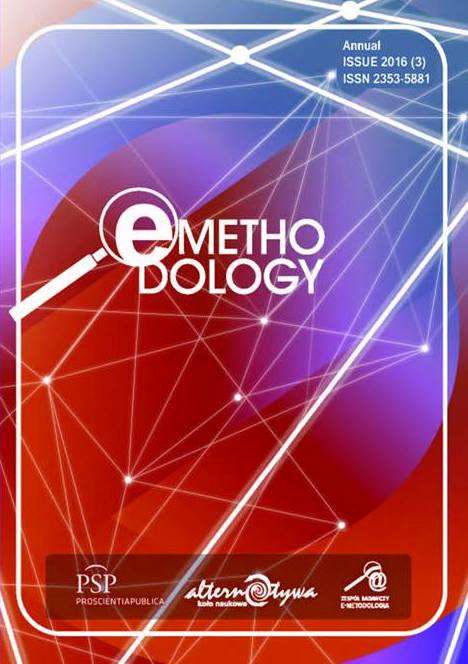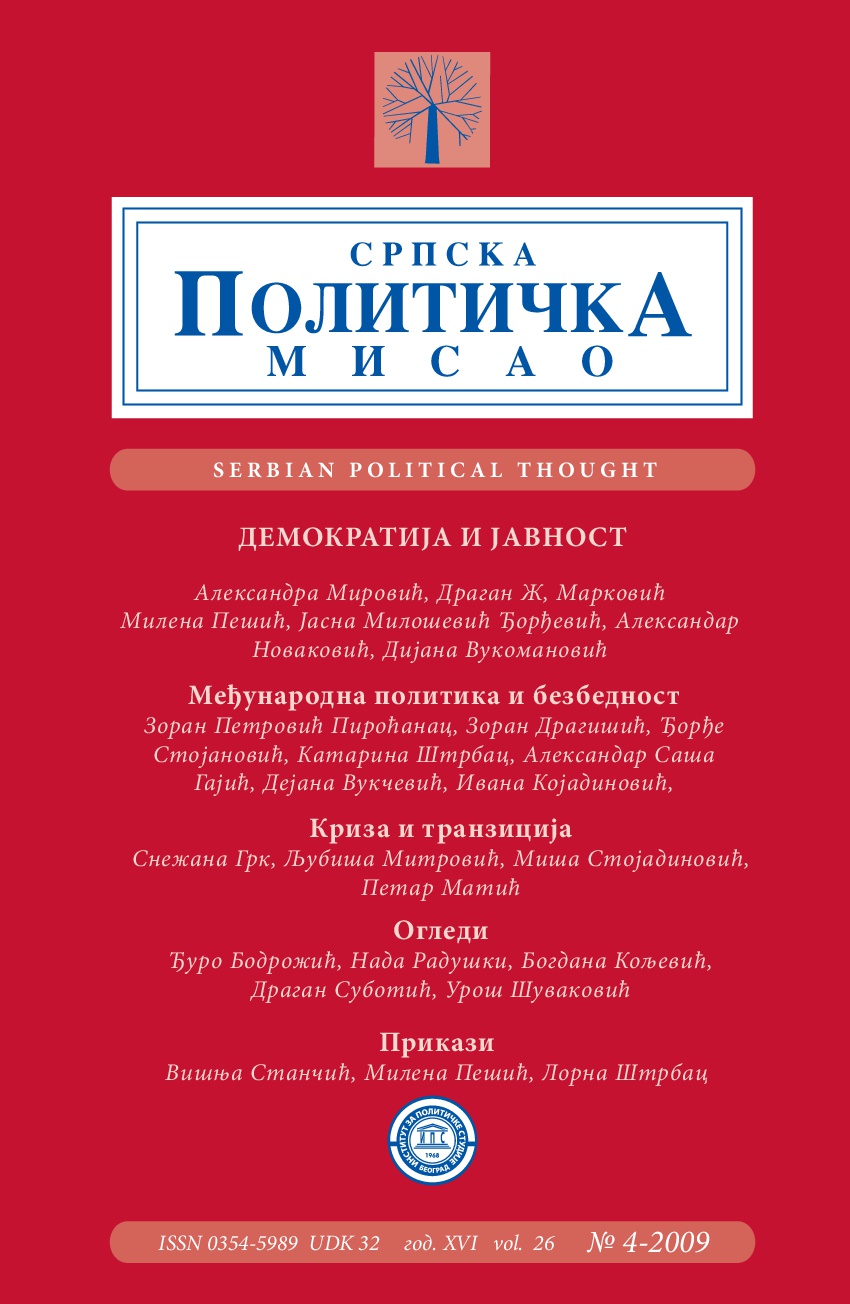Author(s): Anna Olejarczyk / Language(s): English
Issue: 36/2016
In the paper, I argue for the importance of holistic approach to Corpus Platonicum and such reading of it which leads to the coherent model of Plato’s ontology and epistemology connected with his conception of language. The starting point of my draft of, as I assume, much-needed investigation, is the analysis of Cratylus and theory of truth dependent on proper names. The next step is taking under consideration Plato’s quotation from Hesiod, which leads to the distinction between two ways of substantiating statements given by Hesiod in his two didactic poems. The right name does not have to be given by gods, nor does it belong to the ancient order, even so old as the Golden Age. Instead, it has to belong to the natural order, which makes everything that exists to be as a whole. Hence, it could be created, it could be given by lawgivers or others who understand these valid connections, for example, by an honest sophist or a true artisan of techne– basilike — the philosopher. Accordingly, the proper name is the fruit of hard working; it takes a lot of investigation to find one. This conclusion leads to the analysis of Plato’s methodology of proper investigation that connects dialectics with the geometrical approach: the method of exposing the proper measure. Plato’s epistemology consists in several (possibly seven, as it is shown in Republic) levels of perceiving the world, and bi-polarity of One and Many is crucial for his ontology; hence, there are a few sources of notions. But, as I argue, phantasia gives only false and worthless notions, eikasia is the source of practical ones, and noesis solely creates the true, proper, and essential notion. The notion created by noesis is connected with every other notion, with other forms, and things in the proper measures.
More...

